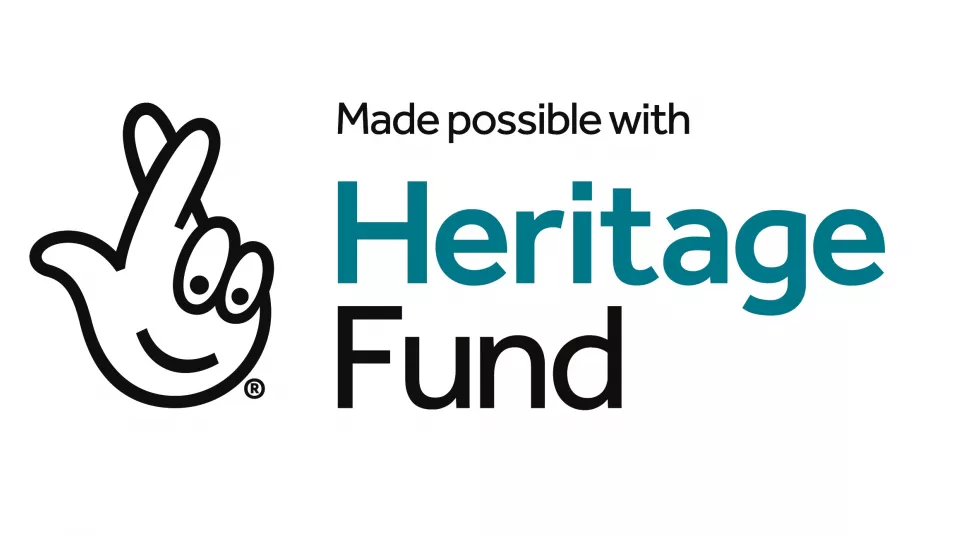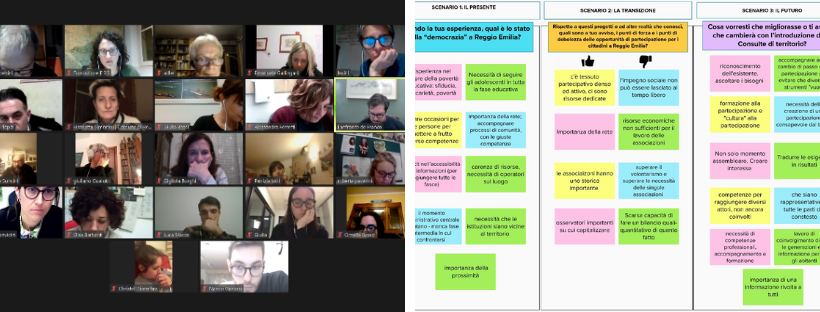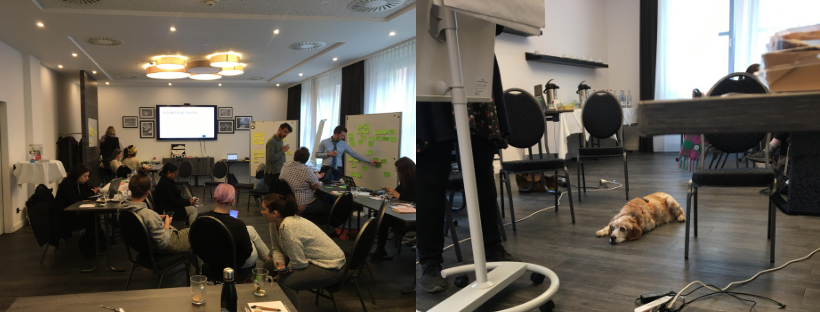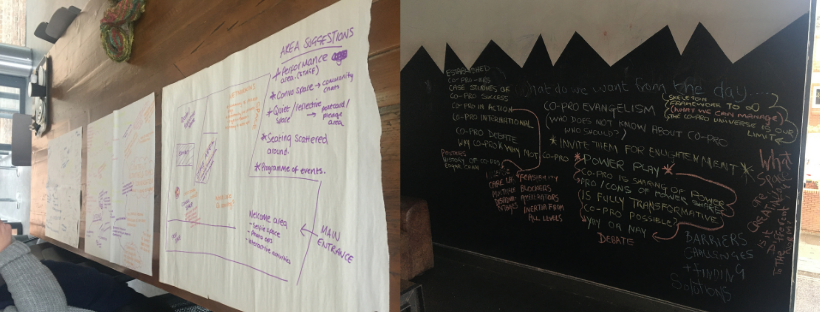NEW HERITAGE PROJECT: HOME?
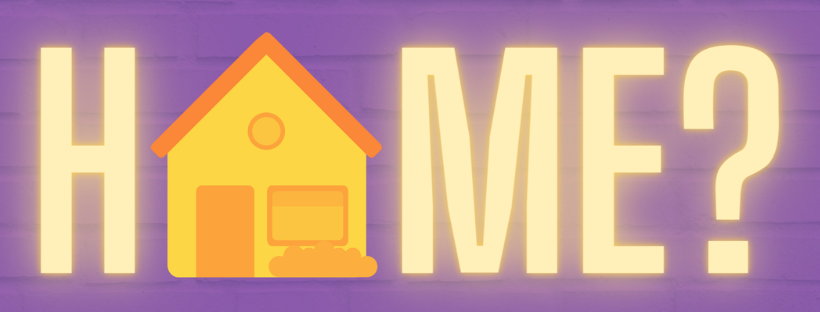
We are working on a new and exciting 2 year project called Home? – a project made possible by the Heritage Fund, that focuses on the recent lived experiences of migrants in Northern England. Through Community Reporter stories and Archive Research, we will be exploring what it is and has been like to migrate to Northern England over the past 10 years.
On this project, we will be gathering 100 stories to document authentic lived experiences, looking at how people have settled in (or not) to their new homes, how migrant communities have contributed to the places they now live and much more. Through the stories and archive research we want to give a platform to the diversity of voices that make-up communities across Northern England and explore our very recent heritage – making sure it is preserved for future generations. We will also be embedding a social justice and anti-racist agenda into this work.
These stories will then be showcased in the public arena at a variety of venues such as Museums, Libraries, Schools, Colleges, Universities and we will be creating an animation to bring the key messages from the stories together, as well as a toolkit that will offer guidance in exploring migration in community and informal learning settings.
To achieve all of this we are not working alone and have partnered up with some great folk to help us bring this vision to life. Specifically, in Northern England we are working with:
- Refugee Women Connect, Liverpool
- Global Link Development Education Centre, Lancaster
- Leeds Asylum Seekers’ Support Network, Leeds
- Methodist Asylum Project (“MAP”,) Middlesbrough
- Dragons Voice, Greater Manchester
These local partners will help connect the project and us into communities and engage different people in the heritage activities.
And on a national level we are working with NACCOM – a national network of over 140 frontline organisations and charities across the UK, working together to end destitution amongst people seeking asylum, refugees and other migrants who aren’t able to access to public funds because of their immigration status. NACCOM will be helping us to create the toolkit and tie in the issues and debates from the stories and research into national level conversations.
Stay tuned for more updates!
